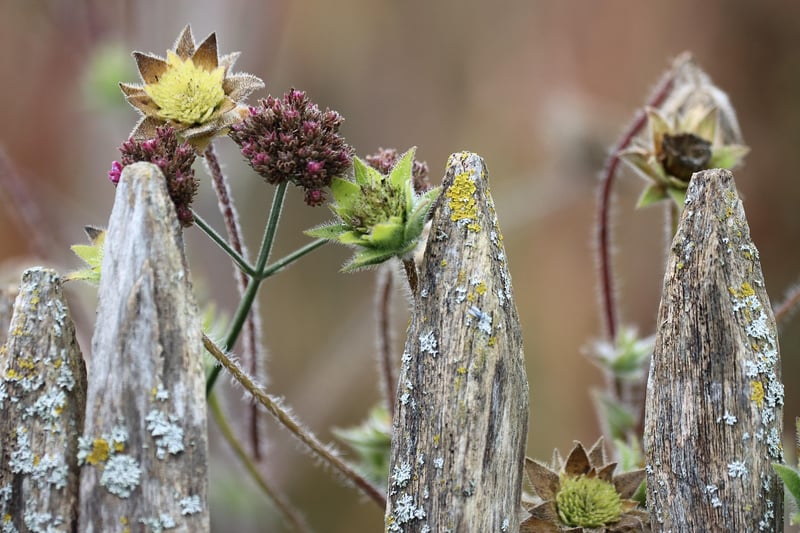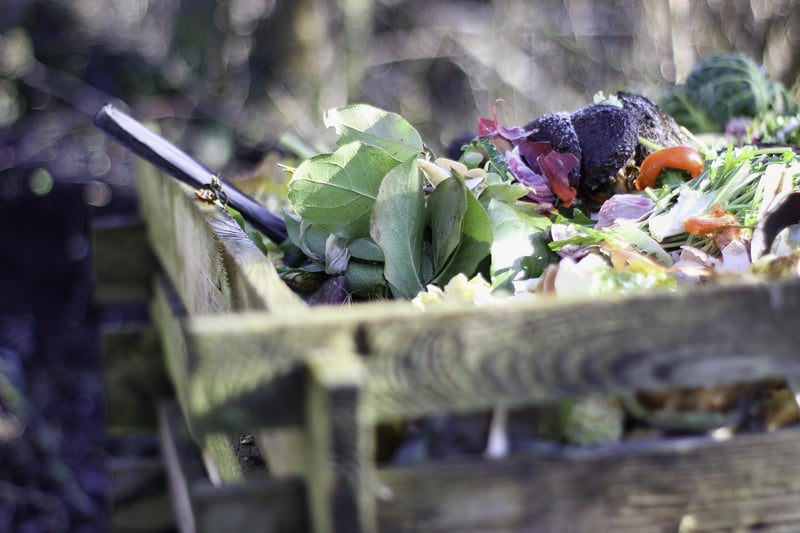Zero-waste gardening
Embrace Sustainable Gardening: Environmentally Friendly Urban Gardening and Zero-Waste Practices
Urban gardening is a fantastic way to reconnect with nature and contribute positively to the environment, even in a bustling city setting. By incorporating environmentally friendly practices and embracing a zero-waste approach, you can create a lush green oasis that not only beautifies your space but also promotes sustainability.
Environmentally Friendly Urban Gardening
When embarking on urban gardening, consider the following eco-conscious tips:
- Opt for native plants that require less water and maintenance.
- Use organic fertilizers to nourish your plants without harmful chemicals.
- Collect rainwater to reduce water consumption and minimize runoff.
- Compost kitchen scraps to create nutrient-rich soil for your garden.
- Integrate companion planting to naturally repel pests and promote biodiversity.
Zero-Waste Gardening
Zero-waste gardening focuses on minimizing waste and utilizing resources efficiently. Here are some strategies to adopt:
- Repurpose household items for planters and garden decor.
- Practice seed saving to cultivate plants from your existing harvest.
- Create a compost system for organic waste, turning it into valuable fertilizer.
- Avoid plastic pots and opt for biodegradable or reusable alternatives.
- Utilize natural pest control methods like neem oil and companion planting.
Benefits of Sustainable Gardening
Embracing environmentally friendly and zero-waste practices in your urban garden offers numerous benefits:
- Reduces carbon footprint and fosters biodiversity.
- Promotes healthy soil and plant growth without synthetic chemicals.
- Supports local ecosystems and pollinators like bees and butterflies.
- Creates a tranquil green space for relaxation and stress relief.
Start your sustainable urban gardening journey today and make a positive impact on the environment while enjoying the beauty of nature right at your doorstep!

For more inspiration and tips on eco-friendly gardening, check out Royal Horticultural Society's guide to zero-waste gardening.
